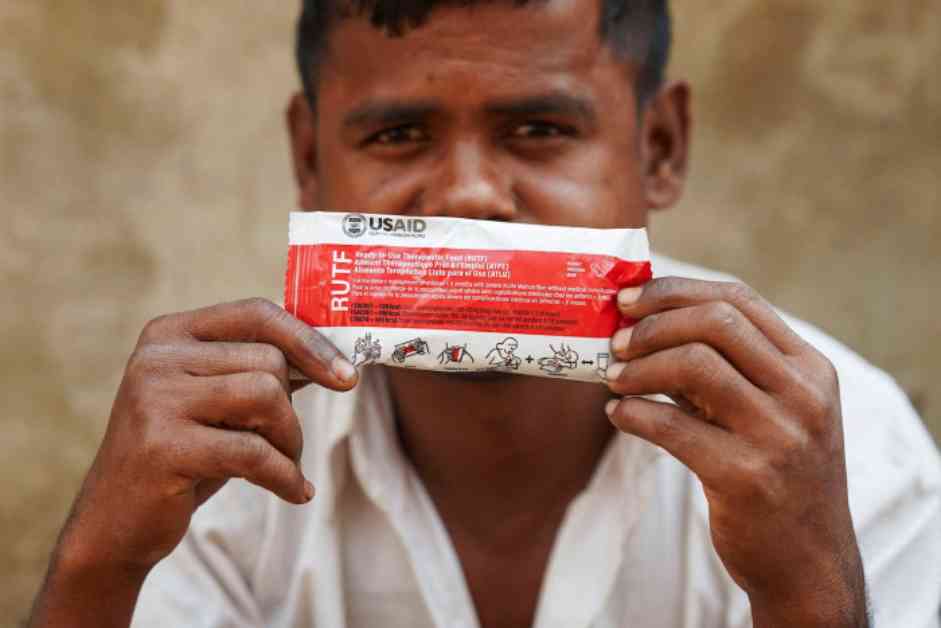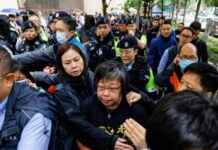The recent memo from the United States government regarding the restart of crucial aid programs has brought a glimmer of hope for many in dire need of assistance. President Donald Trump’s freeze on international aid had left many organizations on the ground confused about what activities were exempt during this period. However, a waiver issued by Secretary of State Marco Rubio clarified that “lifesaving” efforts, including programs targeting tuberculosis, malaria, newborn health, and severe malnutrition, should resume.
The memo, dated Feb 4 and cleared via email on Feb 6, emphasizes the urgency of resuming these lifesaving activities within the next 30 days of the 90-day aid pause to prevent imminent mortality among USAID beneficiaries. It also highlights the importance of combating disease outbreaks such as smallpox, avian flu, and Ebola, along with global health supply chain activities. The memo’s release has been met with a mix of relief and uncertainty on the ground.
Expert Insights: A Step Towards Resuming Lifesaving Programs
Martin Edlund, CEO of the global non-profit organization Malaria No More, expressed the critical nature of resuming malaria prevention and treatment programs. He emphasized that even short interruptions in these efforts could result in outbreaks and deaths. Edlund stressed the need for issuing “start-work” orders to all programs to kickstart activities like indoor spraying, net distribution, and testing and treatment for malaria. This expert insight sheds light on the immediate action required to prevent further health crises.
A separate memo dated Feb 6 aimed to provide further clarity on a waiver issued for the United States President’s Emergency Plan for AIDS Relief (Pepfar). It outlined that the care, treatment, and prevention of mother-to-child HIV transmission should be resumed promptly. This additional information showcases the comprehensive approach needed to address various health challenges amidst the aid freeze.
Challenges on the Ground: Uncertainty and Impact
However, the situation remains uncertain in countries like Myanmar, where aid workers are grappling with questions about the continuation of US-funded food distribution. As the country faces a severe food crisis exacerbated by natural disasters and civil unrest, the lack of clarity adds to the existing challenges. The aid freeze has also had a tangible impact in places like Thailand, where the International Rescue Committee had to shut down health clinics in refugee camps due to the funding halt.
Francois Nosten, director of the Shoklo Malaria Research Unit, highlighted the dire consequences of the clinic closures, with patients, including pregnant women and children, unable to access necessary medical care and supplies. Tragically, an elderly woman dependent on oxygen passed away just days after being discharged from one of the facilities, underscoring the real-life implications of delayed aid programs. These firsthand accounts provide a sobering look at the human cost of the aid freeze.
In conclusion, the recent memo clarifying the restart of critical aid programs marks a crucial step towards addressing pressing health needs globally. While the resumption of these activities offers hope, challenges persist on the ground, underscoring the need for swift and decisive action to mitigate the impact of the aid freeze. As countries navigate the complexities of restarting vital programs, the human stories behind these efforts serve as a poignant reminder of the importance of timely and effective aid interventions.




















